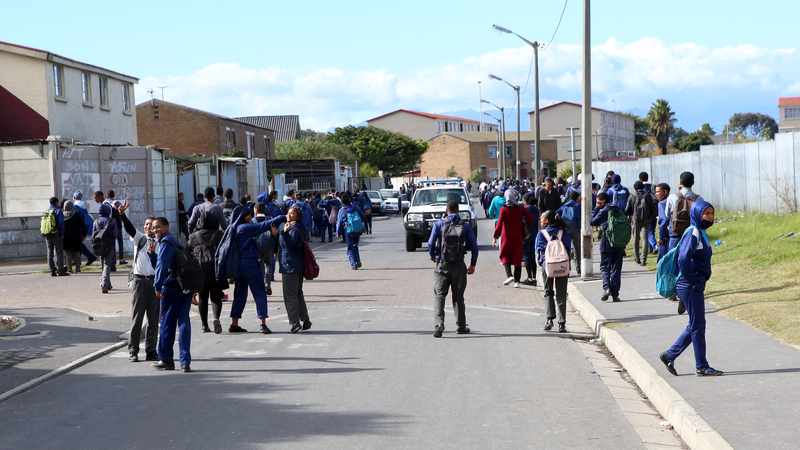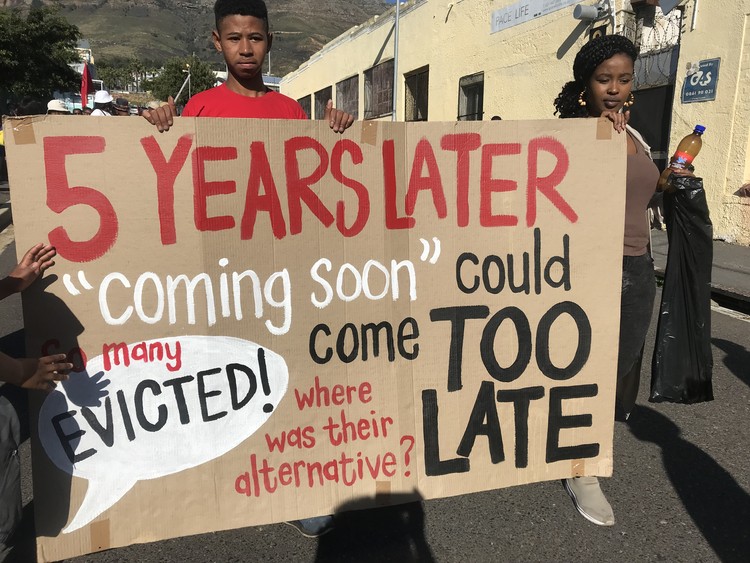How do you eat an elephant? Ever heard the famous quote by Desmond Tutu? “There is only one way to eat an elephant: a bite at a time.” That’s true for much of life, and that’s also true for stealing an entire school. You can’t accomplish anything without taking it one bite at a time.
However, what happened to Uitzig Secondary School in Cape Town is a perfect example.
After the Department of Education released a report citing safety risks, the school voluntarily shut down. Within six months, it had been reduced to only its foundation.
Thieves stole and sold the entire school to make quick money. They stole everything from the building materials, plumbing and electrics, furniture, and even valuables like TVs. The community believes that these crimes were committed by drug addicts who are looking to feed their addiction.
According to the Daily Mail, after “drug gangs took over the area,” the school no longer boasted a grand entrance or reception area. The school had five classroom blocks, but now there are only two toilet areas left.
One former caretaker who spoke anonymously to the Daily Mail said that “kids became scared and there was just constant vandalism. The school became run-down, and at last it was closed down altogether.”
“I’m not kidding when I tell you that the day after it closed, thieves took the school brick by brick and window by window until it was all gone.”
“There is nothing left of the old buildings except for a derelict concrete floor.”
“The space is now full of vandals and people up to no good.
The Western Cape public school system continues to be targeted by criminals.
Public is urged to report any suspicious activity in and around a school to SAPS or the Safe Schools hotline (0800 45 46 47) immediately. Every little tip can really help the police catch criminals who are engaged in these heinous crimes. So please don’t underestimate your ability to be an important eye or ear.
Let’s work together to ensure that no school ever becomes a victim of such heinous crimes like the theft of Uitzig Secondary School, and that our schools remain places of learning and hope, not despair and destruction. Every little bit helps, just like taking small bites to eat an elephant. Together, we can turn this situation around and make sure that Uitzig Secondary School is not just a memory, but a place where students can thrive and succeed. Let’s aim to make sure that the only green stool at the school is the eco-friendly kind in the restrooms.








